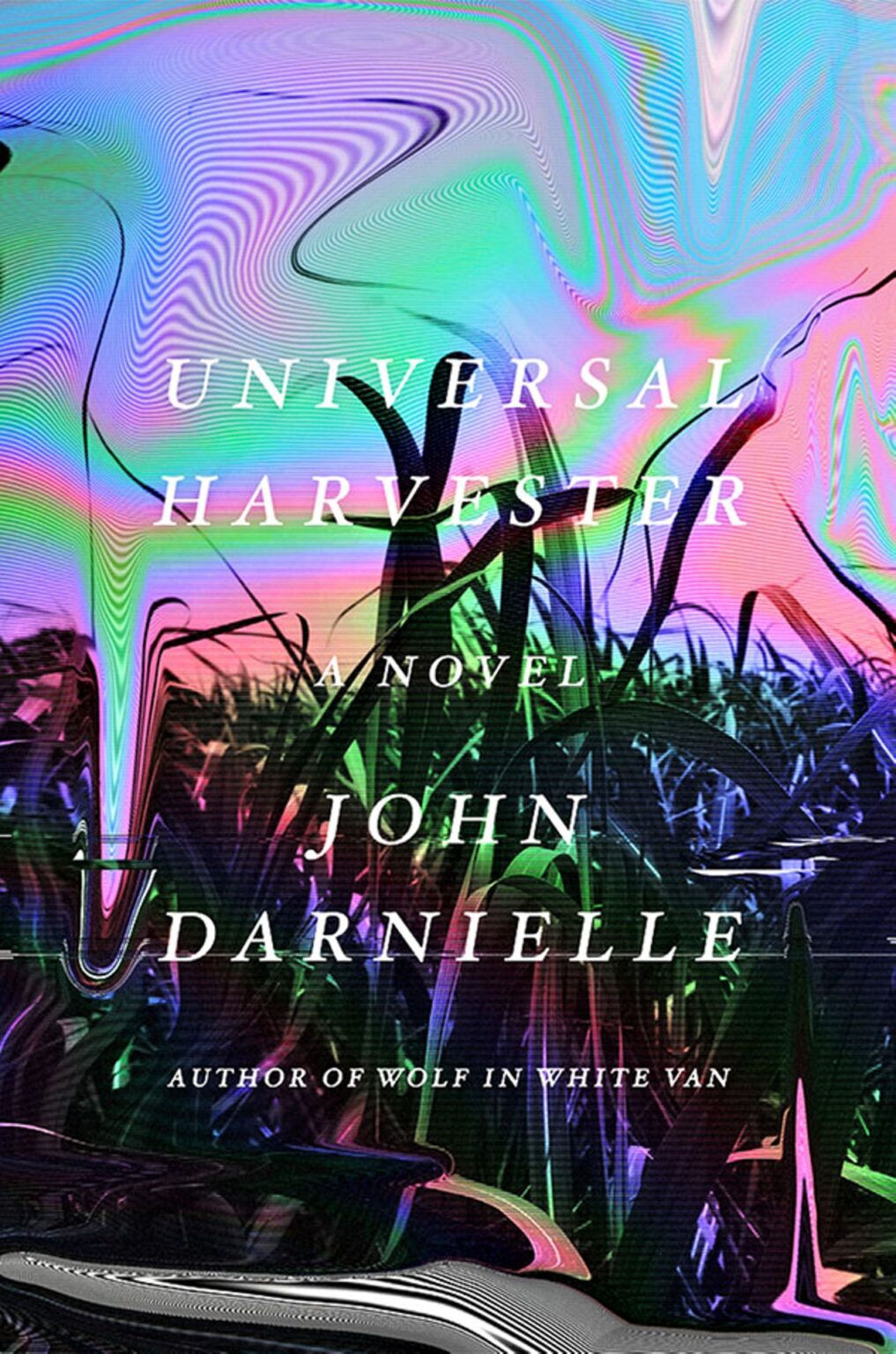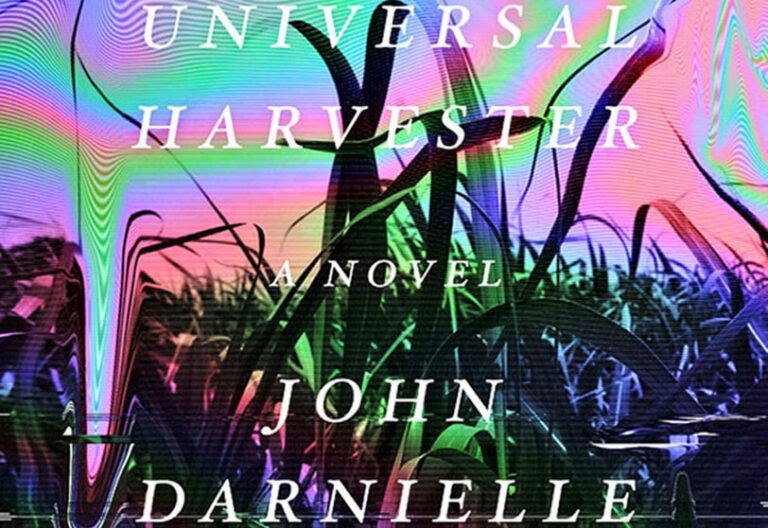Book Review: Universal Harvester
Universal Harvester Falls Short Of Its Promise


Latest Article|September 3, 2020|Free
::Making Grown Men Cry Since 1992




